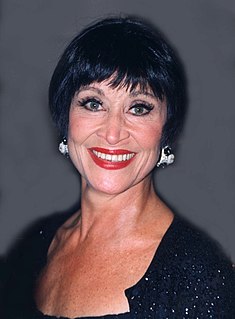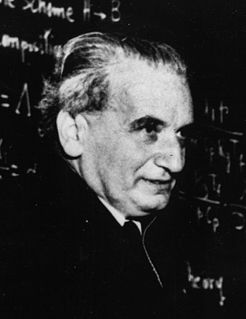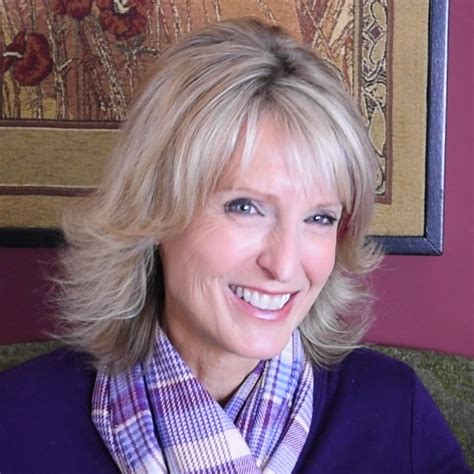A Quote by Karen Abbott
I spent three years researching American Rose, research that included connecting with Gypsy's sister, the late actress June Havoc (I was the last person to interview her) and Gypsy's son, and also spending countless hours immersed in Gypsy's expansive archives at the New York Public Library. I became obsessed with figuring out the person behind the persona.
Quote Topics
Actress
Also
American
Archives
Became
Behind
Connecting
Countless
Expansive
Figuring
Gypsy
Havoc
Her
Hours
Immersed
Included
Interview
June
Last
Late
Library
New
New York
Obsessed
Out
Person
Persona
Public
Public Library
Research
Researching
Rose
Sister
Son
Spending
Spent
Three
Three Years
Years
York
Related Quotes
Her sister [June Havoc] said the musical portrayed who Gypsy [Rose Lee] wanted to be before the burlesque thing happened she wanted to be this beautiful, romantic person with dreams. So Gypsy told the story of her life as she wished she'd lived it: embellishing, softening the edges, eliminating certain things altogether.
It was a great challenge to reconstruct Gypsy Rose Lee life, and my interviews with her sister [June Havoc] proved invaluable. It's not often that writers have access to living primary source material; this was the only person who experienced life on the vaudeville circuit with Gypsy during the 1920s, and who saw her perform at Minsky's Burlesque in the 1930s. She knew things that no one else could ever possibly know.
The cousin said that Gypsy [Rose Lee] took a full fifteen minutes to peel off a single glove, and that she was so damn good at it he gladly would've given her fifteen more. So this story got me thinking, who was Gypsy Rose Lee? Who could possibly take the simple act of peeling off a glove and make it so riveting that one might be compelled to watch this for a full half-hour? So I began researching, and I came across a series of articles from the year 1940 about Gypsy in Life magazine.
It is very important that people understand how important flamenco is to the Gypsy community. There have been some amazing Gypsy artists. It's important that we give visibility to that, but at the same time people have to be fair and recognise that Paco de Lucia was the biggest guitar player in this style of music in the world and he wasn't Gypsy.
Gypsy [Rose Lee], who was called Louise as a kid, gave her first performances here with her sister [June Hovac], playing for the local Masonic lodge halls. It was a tight-knit community, and the support and success the act enjoyed here enabled them to hit the road and make it in big-time vaudeville.



























